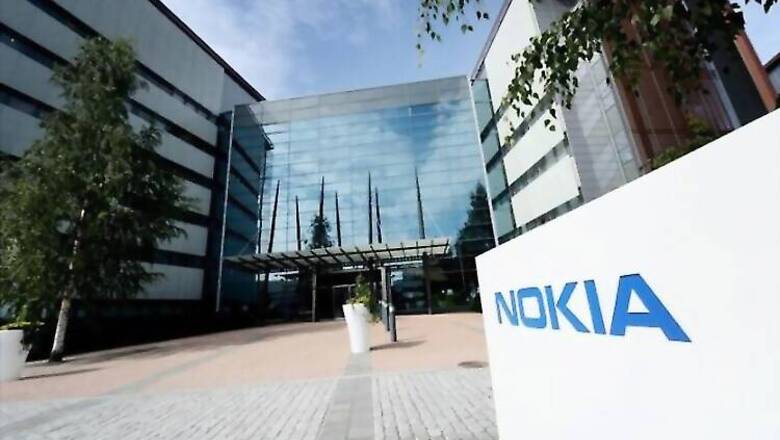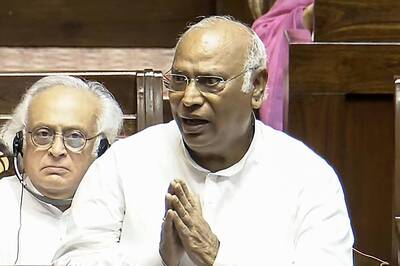
views
Barcelona: Mobile equipment maker Nokia sees the shift to the next generation of 5G wireless networks kicking off well ahead of 2020, the year when many in the industry consider mass-market upgrades will begin, its chief executive said on Sunday.
Chief Executive Rajeev Suri said the company plans to pick up investment in 5G technology in 2016 and that sales of 5G-ready equipment capable of future upgrades could begin as early as 2017.
"5G will happen faster than expected. This may surprise some of you," Suri declared to an audience including investors ahead of the Mobile World Congress in Barcelona this week.
Suri said that in contrast to past "big bang" rollouts of older mobile equipment cycles, 5G will require plenty of equipment upgrades to occur before some of the key 5G standards are expected to be formalised in 2018 and 2019.
"2020 is probably where we see global volume deployments," Suri said, but added: "We will start to see a lot of action ahead of 2020 - in 2017, 2018, 2019."
Demand for current 4G equipment peaked in 2015 after massive rollouts were completed in China, the world's biggest mobile market, and some analysts are concerned Nokia could suffer years of flat or declining sales until 5G picks up later this decade.
Unlike the previous 2G, 3G and 4G cycles which delivered mobile voice calling, text, pictures and video to phones and computers, 5G will also hook up cars, cities, manufacturing plants and agriculture, or the so-called "Internet of Things".
Earlier this month, Nokia warned investors to expect "flattish" capital spending from network operators in 2016 and to brace for a possible decline in its mobile network business.
Nokia, which closed its 15.6 billion euro acquisition of Alcatel Lucent in January, is looking to stronger growth in fixed line equipment from the recently acquired business, as well as 900 million euros in cost savings through 2018 to help it shore up profits in the near- to medium-term.
The company has said it will not provide an outlook for 2016 for the newly combined companies until May.
During his speech, Suri highlighted SK Telecom's ambition to have 5G-ready networks running in time for the 2018 Winter Olympics in South Korea and Japan's NTT DoCoMo's similarly aggressive timeframes for moving to 5G.
Another unnamed customer will use 5G to solve its "last mile" problem of reaching local customers without making further investments in broadband cabling, he said.
"5G will happen faster than expected because these customers are already running fast," Suri said.
Pre-standard "5G-ready" gear using software defined network (SDN) technology will allow network operators and enterprise customers to move to upgrade to full 5G once radio airwaves are allocated and they acquire licences to operate there, he said.




















Comments
0 comment